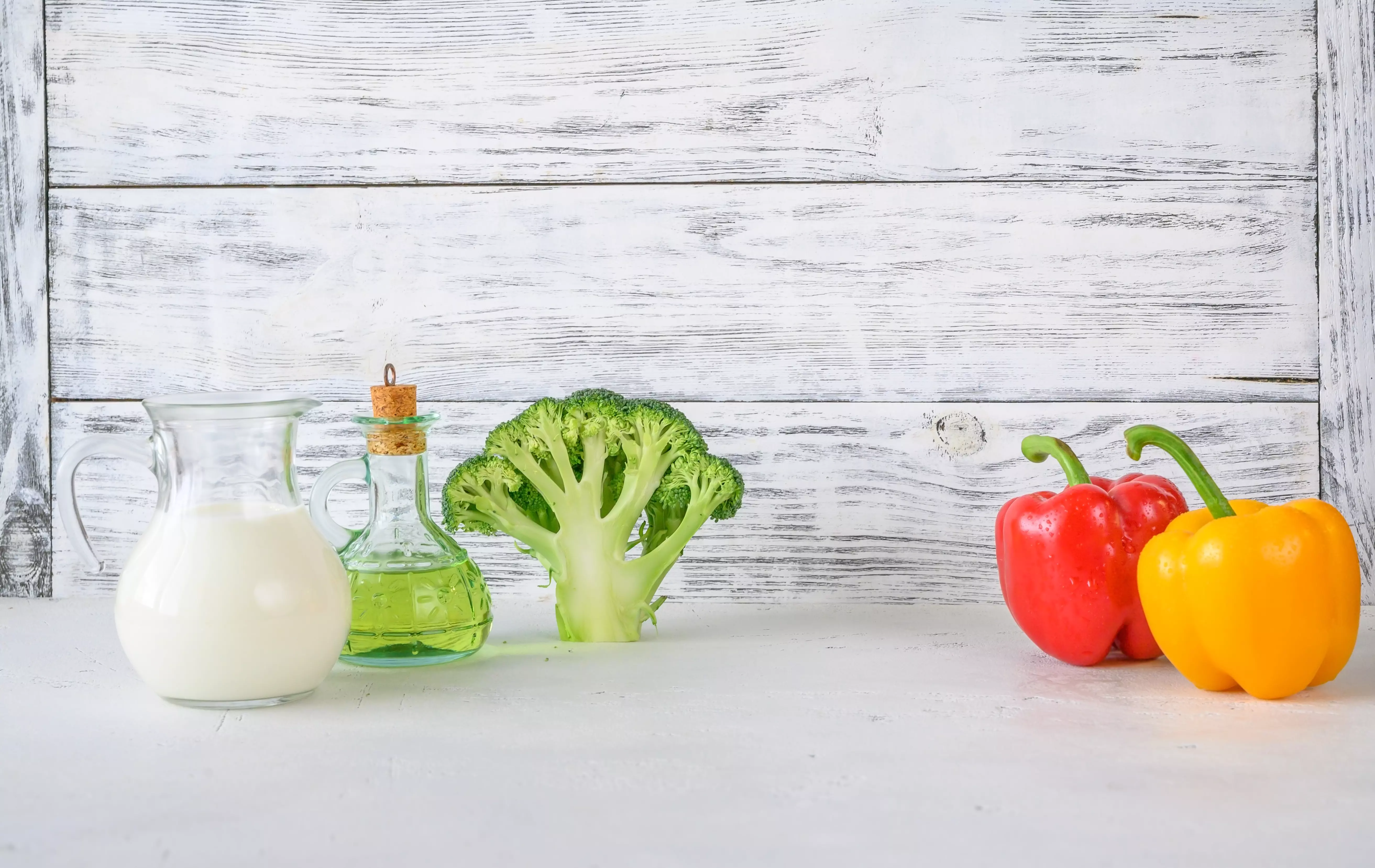Prevention of pulpitis
Professional pulpitis prevention
Proper pulpitis prevention is extremely important for maintaining oral health and preventing serious dental problems. Pulpitis, also known as dental pulpitis, is a condition in which the central part of the tooth, which we call the pulp, becomes inflamed. This can lead to pain, infection and tooth loss.
Routine visits to the dentist
One of the most important parts of pulpitis prevention is to visit the dentist regularly. Routine visits every six months allow you to monitor the health of your teeth and detect possible problems at an early stage. The dentist can perform a diagnostic test, such as an X-ray or CT scan, to check the condition of the tooth's pulp.
When we visit the dentist, we can also count on a professional dental cleaning to help remove tartar and plaque. This is important because the buildup of plaque on teeth can lead to infection and inflammation, which can also affect the pulp.

A healthy diet for healthy teeth
A healthy and balanced diet full of nutrients is not only good for overall health, but also has an impact on oral health. Avoiding excessive consumption of sweets, sodas and highly processed foods helps reduce the risk of pulpitis. It's also important to provide your body with adequate nutrients, such as vitamins A, C and D, which play an important role in maintaining healthy teeth.
Also make sure to consume adequate amounts of fluid, especially water. Hydrating your body helps maintain adequate saliva production, which protects your teeth from bacteria.
Carefully maintain your oral hygiene
Regular and careful oral hygiene is key to preventing pulpitis. Be sure to brush your teeth regularly and thoroughly at least twice a day for about two minutes each time. Use fluoride toothpaste to keep your enamel healthy and strong.
And don't forget to floss regularly to remove food debris and bacteria between your teeth. You might also consider using a mouthwash for added protection and fresh breath.
Avoid risk factors
There are several risk factors that can contribute to dental pulpitis. These include mechanical trauma, such as hitting a tooth or breaking a tooth. Also avoid excessive use of your teeth to open bottles or other tools that can damage the tooth.
Also avoid smoking and alcohol abuse, as both can weaken the body's immune system, making it more susceptible to infection and inflammation.
Summary
Preventing dental pulpitis is extremely important for maintaining healthy and strong teeth. Regular visits to the dentist, a healthy diet, daily oral hygiene and avoidance of risk factors are key elements of professional prevention. Be sure to protect the health of your teeth and avoid serious pulpitis problems.
Add comment